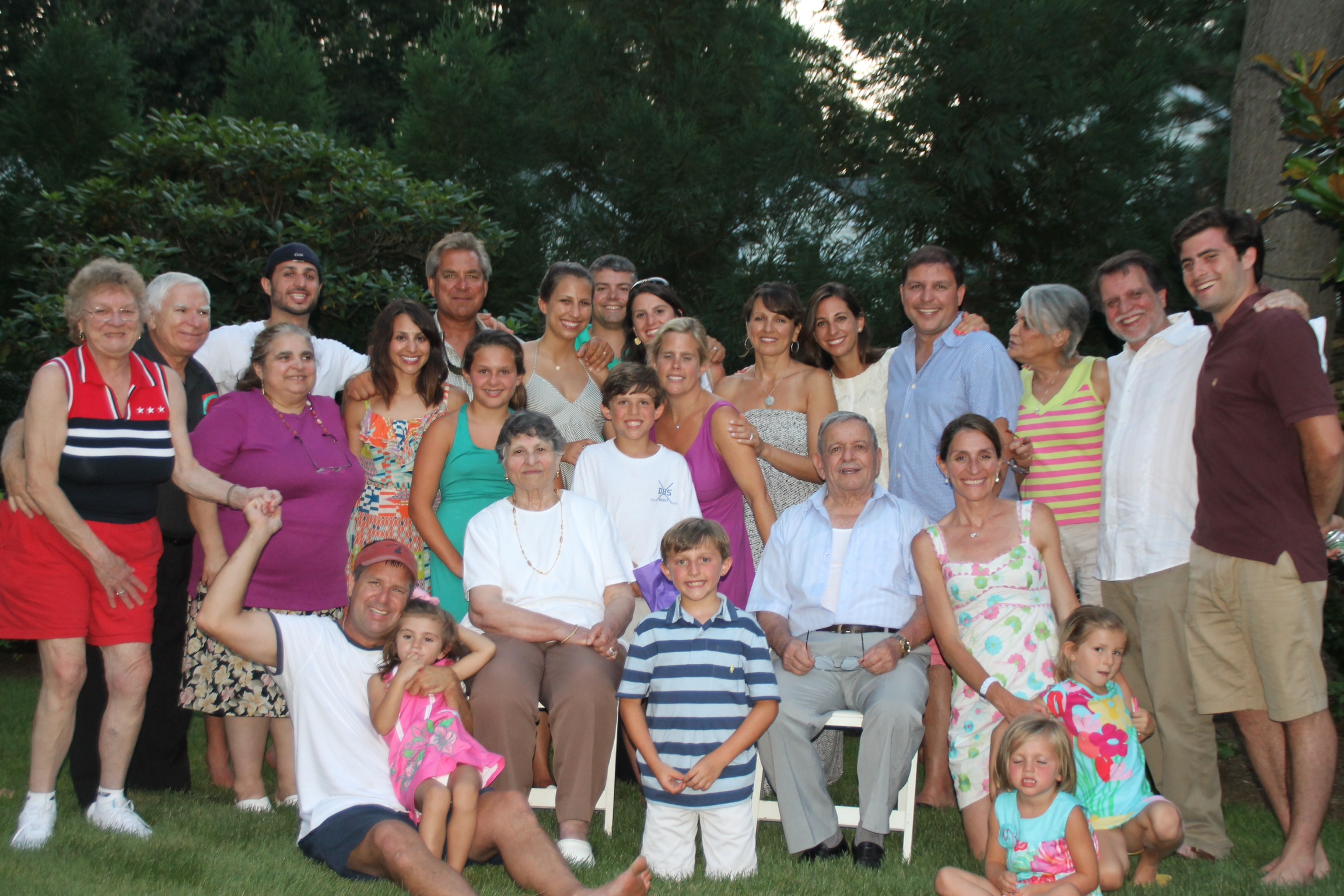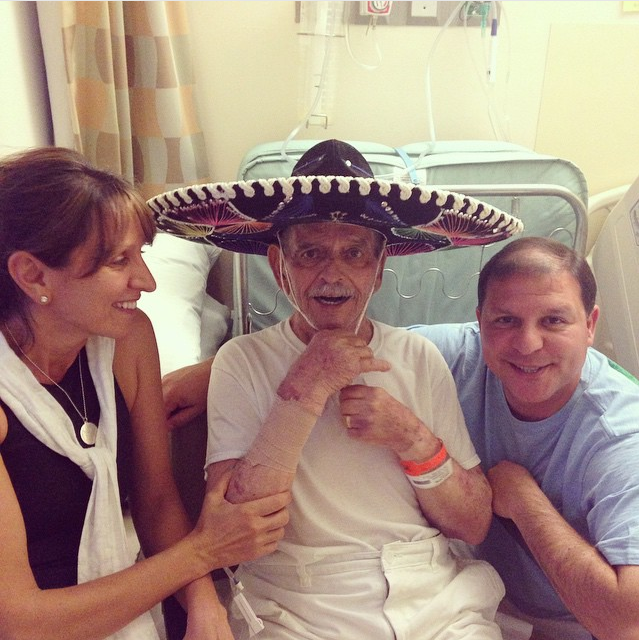
by Karen Keller Capuciati
After one of the meetings I have every month with a group of geriatric care professionals, Kathryn, a gerontologist, was telling me what she had done for a client named “Rosie,” who had recently transitioned from post-operative rehab, where she was recovering from a femoral fracture, into an assisted-living facility.
Kathryn described how she had transformed an empty room at an ALF into a home for her client. I was touched by the lengths that Kathryn had gone to — in my opinion, she went above and beyond the normal bounds of her profession in making sure that Rosie’s new home was as nice and comfortable as it could possibly be.
“Rosie loves the outdoors,” Kathryn told me, smiling at the recollection. “So I loaded the big picture window with flowering plants, and colorful vases that I filled with flowers. Then I bought a brightly colored flowered quilt, a high-back chair and ottoman that is really cozy — in blue, Rosie’s favorite color. I also brought over some of Rosie’s artifacts and knickknacks to have in her new space.” Kathryn smiled again. “It’s a real joyful room.”
Kathryn couldn’t bring too much from Rosie’s home, but she took what she thought was important, such as the antique secretary desk. Rosie had worked her whole life as an administrative assistant, so Kathryn figured that having her desk in the new home, with lots of shelves and compartments and stacked drawers, would be a point of familiarity and comfort for Rosie. Kathryn knew intuitively that Rosie would enjoy sitting at her desk, reading the newspaper, writing cards and letters to friends. It would give the room a point of warmth and familiarity.
Kathryn was detailing the Rosie situation because of an earlier group discussion about how long it often takes new residents to get acclimated to an unknown facility. It’s no surprise really — imagine being moved into a building full of strangers, sometimes against your wishes, sleeping in an unfamiliar bed, eating in a dining room while surrounded by faces you’ve never seen, being given a routine that’s wholly different from the one you’ve been living for years. It feels like the comfort of home has been ripped away from you.
Continue Reading















